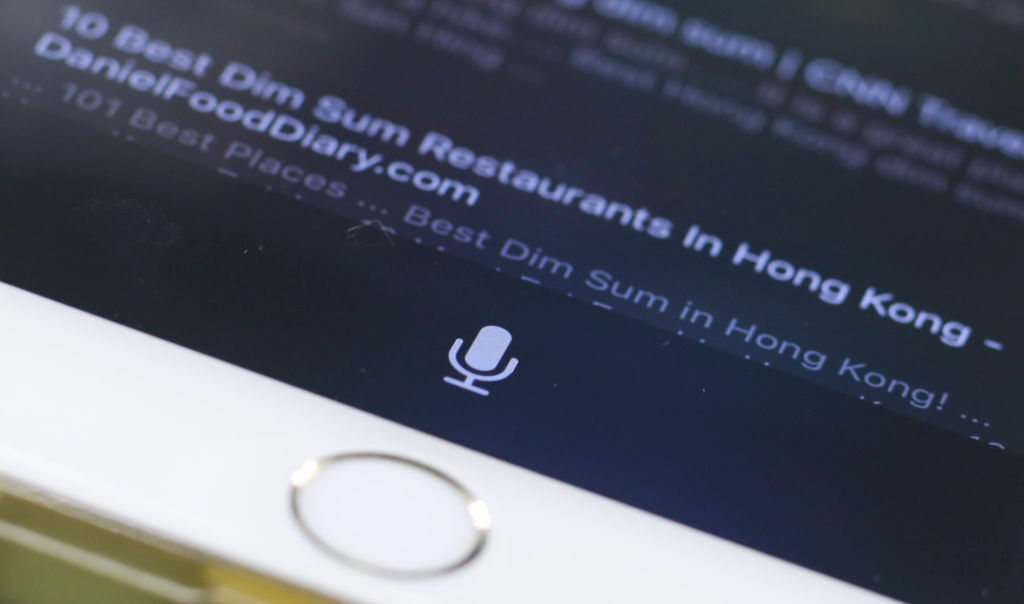It’s been a decade since Siri came out, and it still sucks

A decade ago, on Oct. 4, 2011, a remarkable thing happened: Apple launched Siri.
It started off a bit shaky, but, with 10 years of technological advancement, it defied all odds. Instead of fixing any of its problems, creating anything new, or actually answering any of our questions with helpful answers, Siri simply maintained. For a decade, it’s continued to suck.
Siri wasn’t the first digital assistant created but it felt revolutionary when it came out in 2011 on the iPhone 4S. You could talk to your iPhone and have it respond back to you. You could ask it things like “What’s the meaning of life?” or “Siri, do you love me?” or “What is the weather outside?” In Siri’s infamous voice — accidentally created by Susan Bennett — she’d let you know the answers to the best of her abilities. And her abilities were, objectively, not very great. Outside of the easily-programmed answers like the weather outside or the day of the week, instead of giving direct answers, Siri points you to a Wikipedia article.
Within a year, other major tech companies released their own digital assistants. Google gave us Google Now in July 2012, which actually eventually became Google’s assistant in May 2016. Amazon gave us Amazon Alexa in November 2014. And, boy, are they more useful than Siri.
Today, if you ask Siri “Is weed legal in New York?” she responds by saying “OK, I’ve found this on the web for is weed legal in New York, check it out.” That isn’t… actually an answer? When you ask Amazon Alexa, she says “Federal law prohibits the use, sale, and possession of all forms of cannabis. However, the state of New York permits the medical use of cannabis subject to state regulation. New York does not permit the recreational use of cannabis.” And Google’s assistant says “on the website nytimes.com, they say New York has legalized recreational marijuana after years of failed attempts and stalled efforts.”
Tweet may have been deleted
Amazon’s Alexa answered your question, but it wasn’t entirely correct — recreational marijuana is legal in the state of New York. Google’s assistant answered my question, and it was fully correct. Siri though? Siri called me a nerd and told me to figure it out on my own. I’m going to have to click those links, and read and research it all by myself, which sort of takes all of the virtual assistant capabilities away from it. If I hired an actual assistant and said “hey, can you figure out if weed is legal in New York?” and they said “here’s some required reading,” I would no longer want that assistant.
That’s not all Siri can do. You can have Siri turn on lights in your house, but that’s not great either. When it first launched, you had to change the lights one room at a time — that has eventually been updated, but plenty of users complain that it still doesn’t work for all smart light bulbs particularly well. You can say to your iPhone, “Hey, Siri, tell Dani I’m running late,” and Siri will send a text to your best friend that is potentially the most aggressive version of that message — one in which you would never have actually type up yourself: “I am running late.”
The period! The formality! You’re going to have to manually edit that text, anyway, so you might as well have typed it out yourself the first time.
Ten years later, we’ve seen the importance of virtual assistants. It’s incredibly helpful to people with disabilities. It can be paired with Bluetooth speakers for those with difficulty hearing and can assist people with calling for help if they need. Amazon’s Alexa and Google’s assistant have gotten more useful. And voice readers have really become a huge phenomenon on TikTok.
But, unfortunately, for anyone with an iPhone, we have to deal with the least helpful voice assistant of them all — and there’s no reason to believe they’ll be getting any better over the next decade.